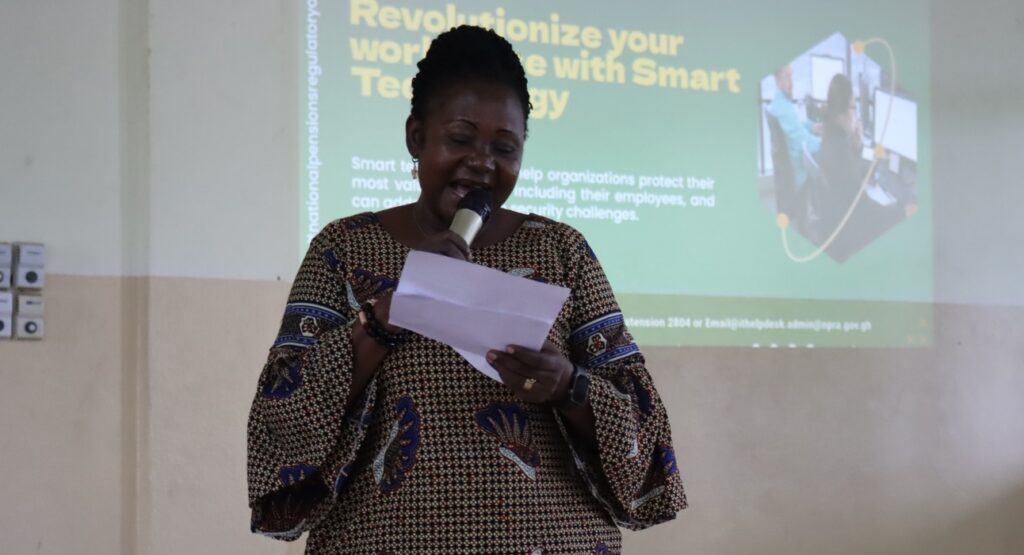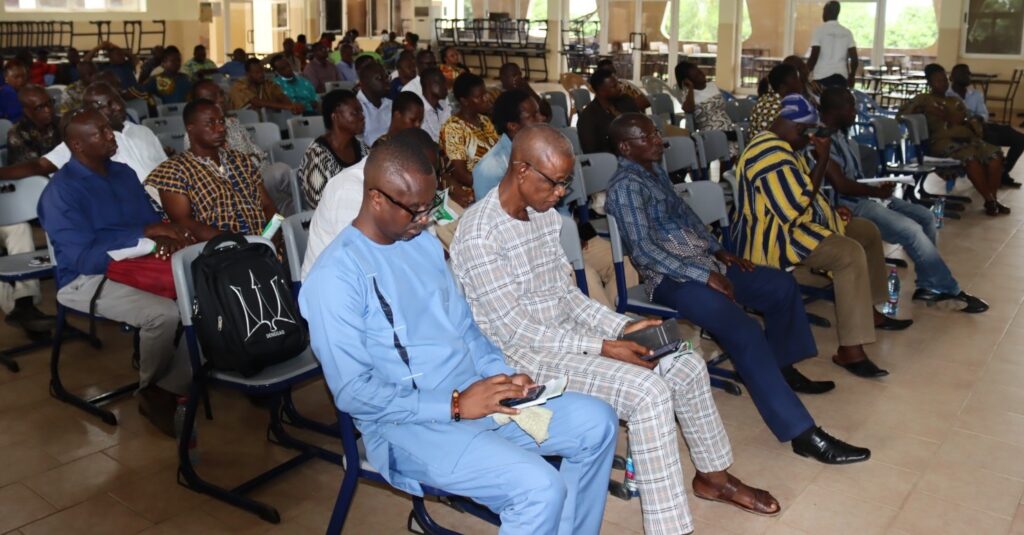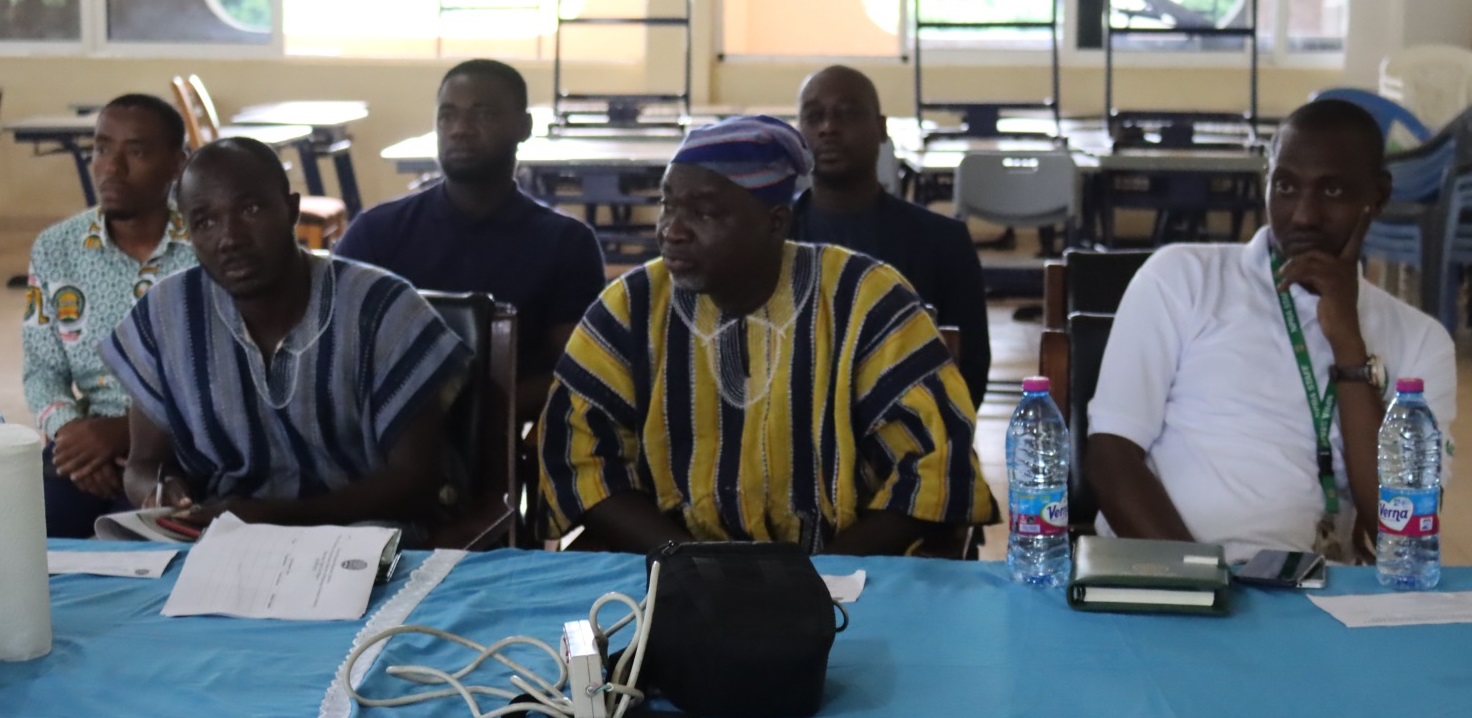Retirement planning is about putting in place a strategy to secure one’s financial future and planning how to manage the transition from active work to retirement. The retirement planning should start when one estimates the amount of money that will be needed for retirement and at what age to retire.
The compulsory retirement age in Ghana is sixty (60) years; whilst voluntary retirement age, which is a personal decision mostly taken by those who can afford to live comfortably because they have accumulated enough money for a comfortable pension, is fifty-five (55) years.
The National Pensions Regulatory Authority (NPRA) through Act 766, as amended, in 2008 established a contributory three-tier pension scheme as follows:
- Tier 1, managed by the Social Security and National Insurance Trust (SSNIT). It is mandatory and employers are expected to pay thirteen percent (13%) for and on behalf of their employees.
- Tier 2 is also mandatory, fully funded and privately managed by fund managers; employers are expected to contribute 5.5% of employees’ basic salary to the fund.
- Tier 3 is a savings scheme and it is voluntary. Contributors are allowed to contribute up to 35% of their income (tax-free) into tier three.
The object of the three-tier scheme is to:
- Provide pension benefits to ensure retirement income security for workers,
- Ensure that every worker receives retirement and related benefits as and when due, and
- Establish a uniform set of rules, regulations and standards for the administration and payment of retirement and related benefits for workers in the public and the private sector.
In the current pension regime, upon retirement, SSNIT only pays monthly pension stipend. Tier 2 gives a lump sum upon retirement or a lump sum to be paid to the beneficiaries, if a person dies before retirement.
Workers usually have a thousand and one reasons why the salary is not enough to even meet current expenditure, thoughtless of saving or investing. These reasons notwithstanding, there is prudent need for staff to give priority to saving or investing towards retirement to avoid the usual dependency syndrome with the Ghanaian aged.
In view of the above, the Human Resource Directorate, in collaboration with Management, organized one-day sensitization workshop for staff on the need to engage in the Tier three personal investment, which is considered as the game changer for a comfortable retirement.



